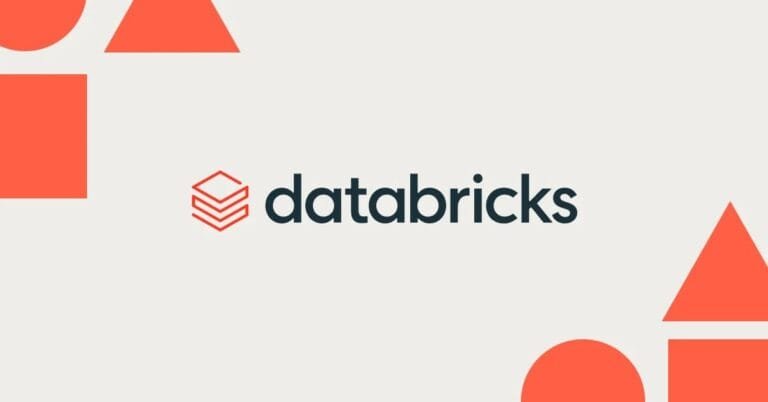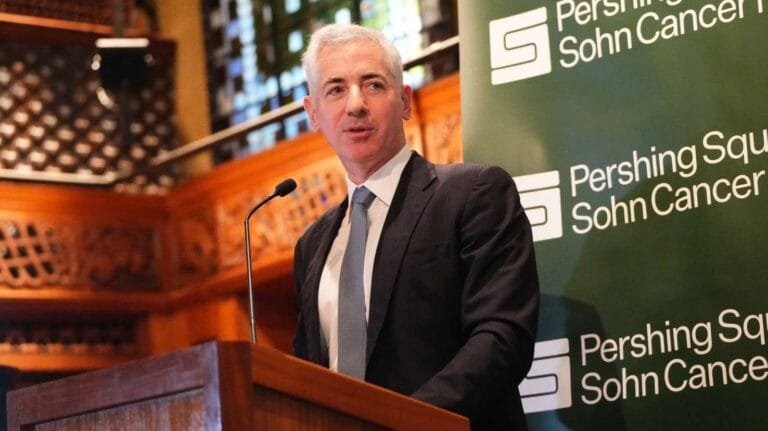
Cloudflare’s network issue caused outages across major websites worldwide.
In the modern internet age, we take it for granted that when we open a website—like X (formerly Twitter), ChatGPT, Spotify, IKEA, etc.—it opens instantly. But when such basic infrastructure (like Cloudflare) malfunctions, it becomes a significant problem. Recently, a similar incident occurred, with Cloudflare experiencing an outage, affecting thousands of internet users.
What is Cloudflare?:- First, it’s important to understand what Cloudflare is and its role in the internet. Internet infrastructure provider Cloudflare is a vital digital infrastructure company. It provides content-delivery network (CDN), DNS, security (DDoS protection), and other networking services. A large portion of modern websites and applications rely on Cloudflare’s services.
The recent Cloudflare outage—what happened?
This caused the outage to cause disruptions to several major websites and services—like X, ChatGPT, Spotify, Canva, League of Legends, and more. Thousands of reports poured in on trackers like Downdetector. Some of the major affected services were ChatGPT and other AI platforms Users received error messages. Social media: X (formerly Twitter) was affected. Crypto platforms Some crypto-related websites also experienced outages. Other popular platforms: IKEA, Canva, and several other sites experienced outages. Cause: Cloudflare reported that they observed a “spike in unusual traffic,” which caused the network error.
One report stated that there was a “massive spike in CPU usage,” causing primary and secondary systems to collapse. The outage may also be related to ongoing maintenance in some data centers. Solution Cloudflare quickly deployed a “fix.” Services gradually began to recover within a few hours (or even less). However, Cloudflare also stated that there may still be “residual effects for some users” as they are monitoring. Finally, Cloudflare declared the incident “now resolved.” Was it a cyberattack? Cloudflare clarified that it was not the result of a cyberattack (such as DDoS). They stated that it was the result of a “network change” (configuration change).
Why This Matters—The Fragility of the Internet
Trust and Confidence When such outages occur, user confidence is shaken. We expect the internet to be always available (like “24/7”), but such incidents demonstrate that this trust is not always unwavering. It is a concern for both companies and users that internet infrastructure is not completely reliable. Meta-Impact Business: Many online companies rely on Cloudflare. Outages not only impair user experience but can also lead to financial losses (if websites are down for a few hours). Public services: If websites for public or government services use Cloudflare, outages can also impact the general public. Psychological: Users develop a sense of insecurity—“If the internet can go down, when could my essential services go down?”
The human mind and the psychological aspects of this phenomenon This leads to self-reflection: “Can we create a backup?”, “What will my plan be if I lose an essential service?” Relationship trust: Users’ trust increases their dependence on technology companies. But when events like outages occur, this trust is shaken. Following this, users may become more vigilant—they check DNS errors, look for backup options, or consider an alternative CDN. Public discussion and community reactions to such incidents are intense on social media and online communities (like Reddit).
Technical depth—the root of the problem
If maintenance is not properly coordinated, traffic routing can go awry—and this can lead to a major problem. Network change: Cloudflare acknowledged that the issue was the result of a network configuration change, not an attacker’s attack. Configuration changes are very sensitive in Internet networks; even a small change can impact a large area. Recovery and monitoring:- After implementing the fix, Cloudflare deployed its team in an “all-hands” mode—meaning its entire team was activated. They began monitoring to ensure that traffic returned to normal levels and errors were minimized.
Learnings from this—and lessons for the future Government/public services planning If government sites or critical infrastructure services rely on Cloudflare, they should reconsider their outage plans. Multiple backup paths (redundancy) should be created for critical services to minimize the impact of internet outages. User education: Users should understand that the internet is not always stable. At both personal and business levels, it’s helpful to know what alternative methods to use if sites go down.
Conclusion: Cloudflare outage
Technical issue—“Spike in unusual traffic,” CPU load, and configuration changes in the data center. How it was addressed: Cloudflare deployed a fix, monitored, and gradually restored services. Human perspective: This incident highlights our dependence on the internet, insecurity, and sense of control. Lessons for the future: It is important to reduce dependency, create backup plans, and strengthen trust and preparedness.





